potassium
 Potassium - definition from Biology-Online.org
Potassium - definition from Biology-Online.org
[(Science: chemistry) An alkali element, occurring abundantly but always combined, as in the chloride, sulphate, carbonate, or silicate, in the minerals sylvite, kainite, orthoclase, muscovite, etc. atomic weight 39.0. symbol K (kalium). It is reduced from the carbonate as a soft white metal, lighter than water, which oxidizes with the greatest readiness, and, to be preserved, must be kept under liquid hydrocarbons, as naphtha or kerosene. Its compounds are very important, being used in glass making, soap making, in fertilisers, and in many drugs and chemicals. Potassium permanganate, the salt KMnO4, crystallizing in dark red prisms having a greenish surface colour, and dissolving in water with a beautiful purple red colour; used as an oxidizer and disinfectant. The name chameleon mineral is applied to this salt and also to potassium manganate. Potassium bitartrate. See cream of tartar. Origin: NL. See Potassa, Potash. A light soft silver-white metallic element of the alkali metal group; oxidizes rapidly in air and reacts violently with water; is abundant in nature in combined forms occurring in sea water and in carnallite and kainite and sylvite.
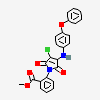
|
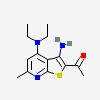
|
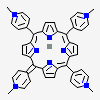
|
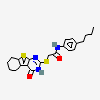
|
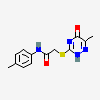
|
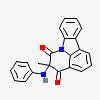
|
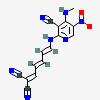
|
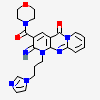
|
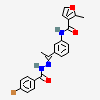
|
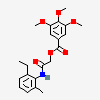
|
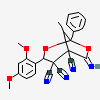
|
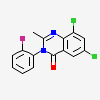
|
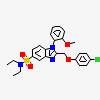
|
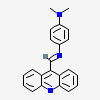
|
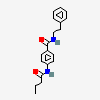
|
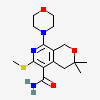
|
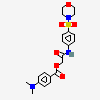
|
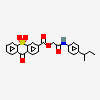
|
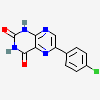
|
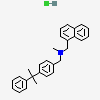
|
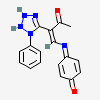
|






















